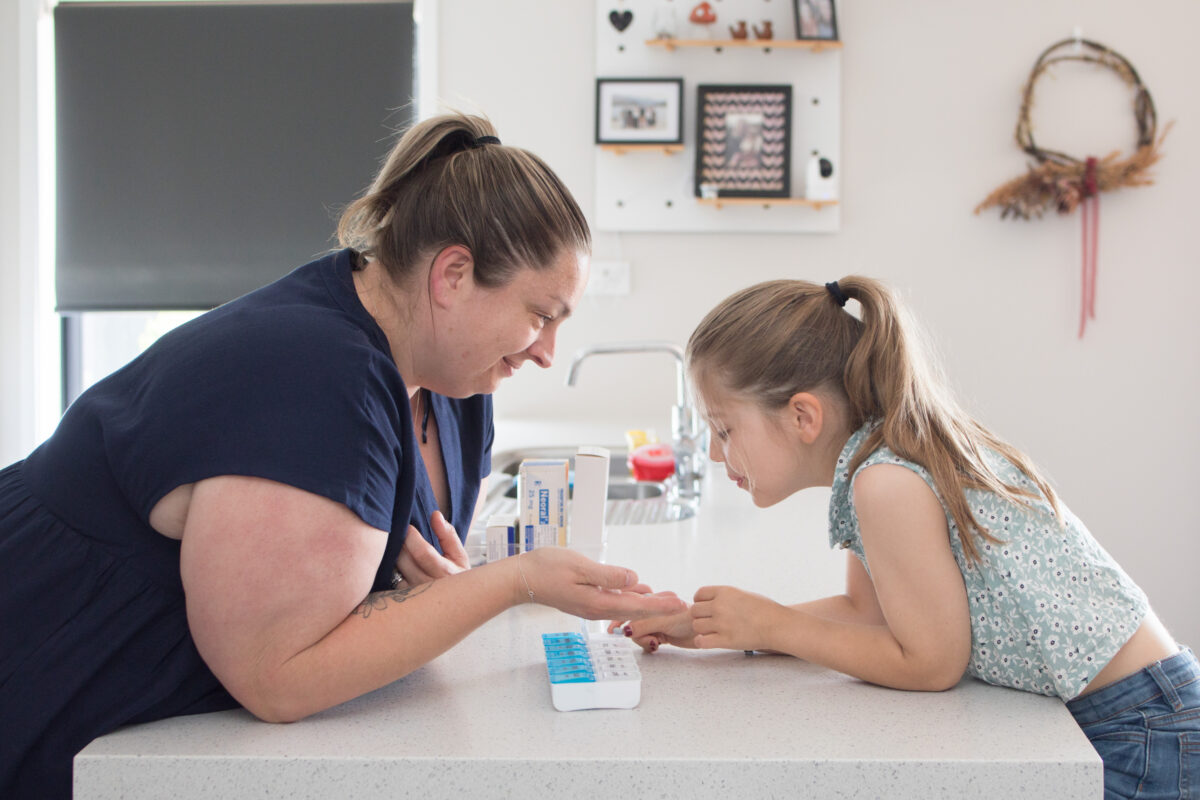Kiwi nurses join international meeting on rare disorders
Rare Disorders NZ is sending two nurses to an international nurses conference on rare disorders in Singapore this month.
The conference will look at developing a global network of nurses working with rare and undiagnosed disorders, and developing an education programme to upskill nurses about these disorders.
Receiving a rare disorder diagnosis for a child can be an overwhelming time for families.
They will likely experience a rollercoaster of emotions, as they come to terms with what the diagnosis will mean for their child, for their whānau and everyday life, and for their future. There will also be a grieving process to go through, as they let go of the future they had imagined with their child.
Not only that, but the road to getting a diagnosis is often long and stressful, so much so that it has become known as the “diagnostic odyssey” — for one in five families it takes more than 10 years.
Rare Disorders NZ, an umbrella support group, has a new guide available free for parents and caregivers of children newly diagnosed with a rare disorder. The guide, Raising a child with a rare disorder: A guide for parents and caregivers living in Aotearoa New Zealand, has been created to help parents and caregivers navigate the path in caring for a child with a rare disorder in this country.
The guide includes advice on how to talk to children about their condition, what families need to do to look after their own wellbeing and where to find support.
The lack of recognition and guidance leaves parents bearing the responsibility for becoming the experts in their child’s condition.
It acknowledges the stress of “diagnostic limbo”, where families often wait years for a definitive diagnosis. The guide advises caution when family members do their own research online, giving hints on how to identify trustworthy sources of information.
How to prepare for appointments and the best way to engage with the medical profession are also covered.
One of the most challenging aspects of a rare disorder diagnosis is that there is often very limited information available on the condition, and very few – if any – specialists knowledgeable in the disorder to answer questions and advise on what the future will hold.
This leaves whānau with many uncertainties, adding to the difficulties in knowing how to move forward.
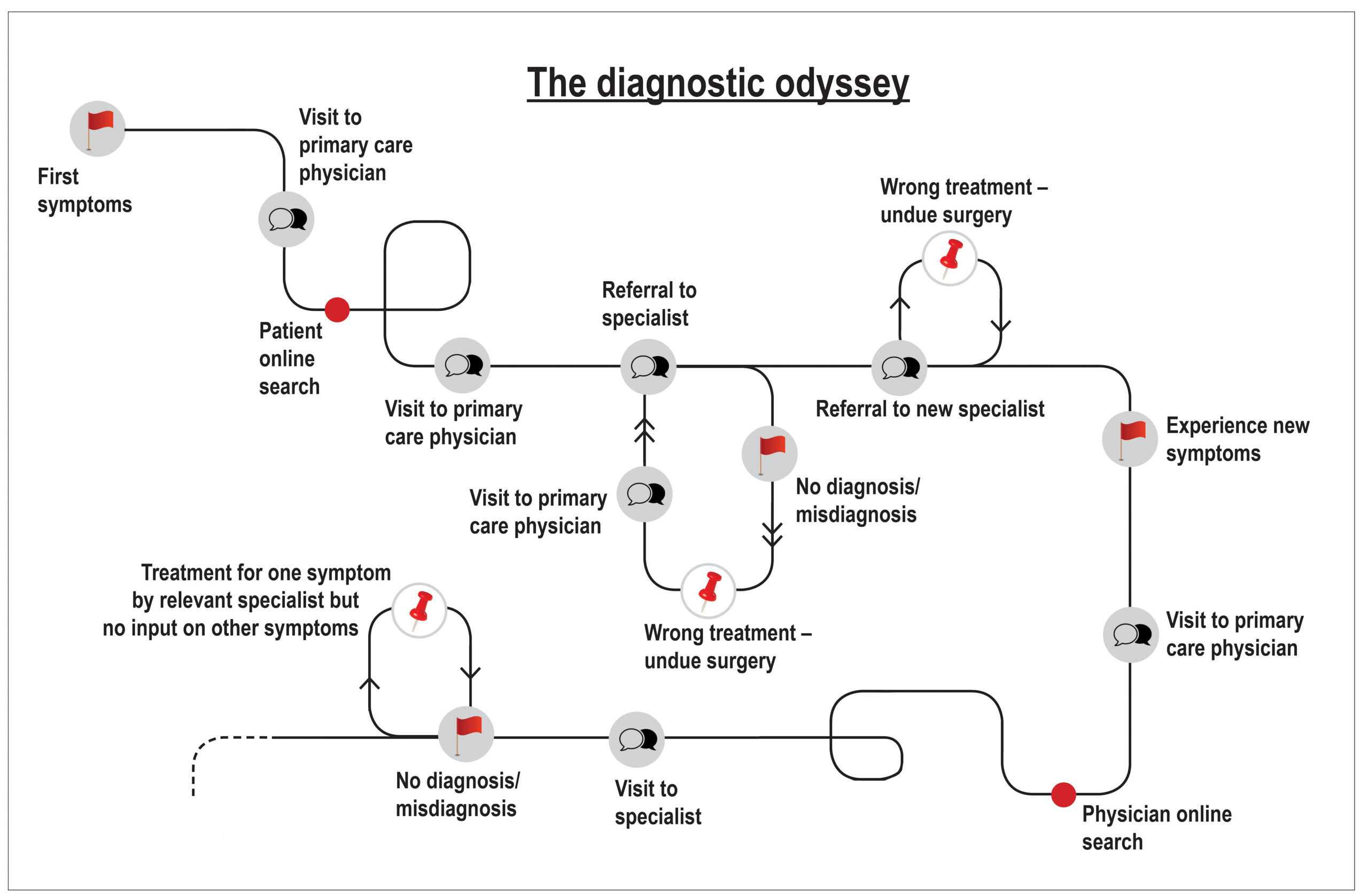
Despite around 300,000 people being affected by a rare disorder in New Zealand, there is no national strategy for rare disorders. There are no planned and coordinated support pathways for people when they are diagnosed, and no data is collected to understand the prevalence of the 6000-plus conditions.
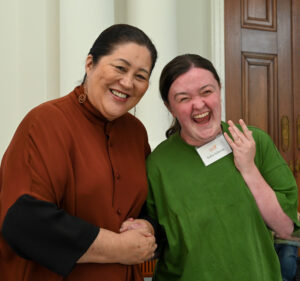
The lack of recognition and guidance leaves parents bearing the responsibility for becoming the experts in their child’s condition. They research, observe and learn how to meet their child’s needs, and bear the brunt of the coordination and management of their child’s care.
Trying to navigate the health system and social supports while coping with the emotional and financial weight of caring for a child with a rare disorder puts enormous pressure on whānau.
Rare Disorders NZ hopes its new guide will be a useful tool for families and will reassure them that they are not alone. It also hopes health professionals will share the guide with rare patients and their whānau, so families can begin their journey knowing that support is available.
How health professionals can be ‘rare aware’
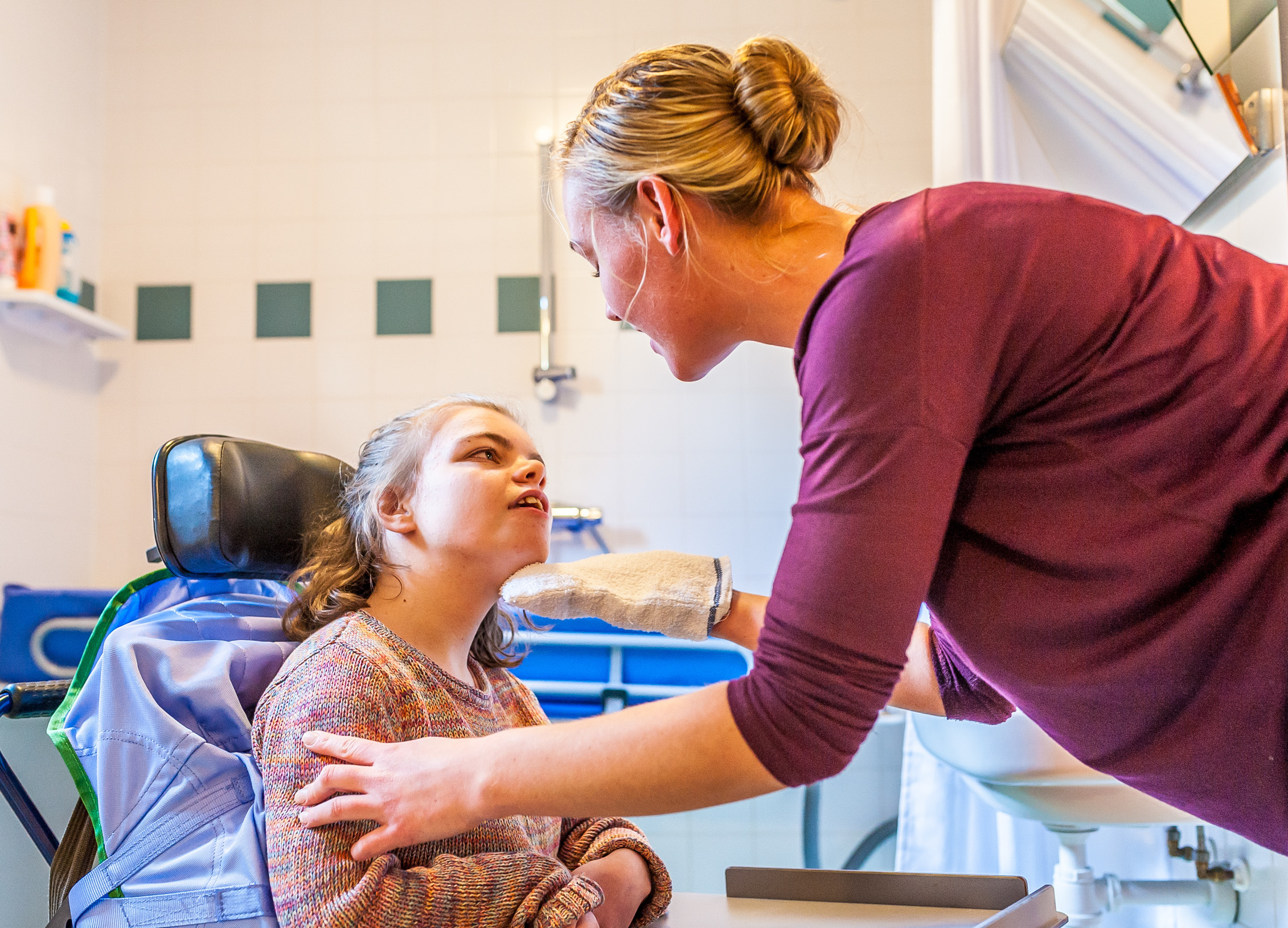
- Recognise that “rare” is, in fact, quite common: With more than 6000 known rare disorders, health professionals are not expected to know about every disorder and have all the answers. But they should be aware that a rare-disorder diagnosis is very possible. One in 17 patients will have a rare disorder, so it is not uncommon.
- Listen and learn: For over half of people living with a rare disorder in New Zealand, it took longer than one year to get a diagnosis — for one in five, it took over 10 years. The “diagnostic odyssey” can be a traumatic experience for patients and their whānau as they are bounced around the health system and often met with scepticism. Giving time to listen, and showing a willingness to learn alongside their patient are hugely powerful ways health professionals can lessen the feelings of isolation and uncertainty on the journey to diagnosis.
- There are common ways to manage rare disorders: While individually rare, collectively rare disorders present many of the same challenges, and there are common ways to manage them. While treatment may not be available, there will be common ways to improve the quality of life of patients. Health professionals can learn alongside their patients to find what may work for them. Asking patients about their day-to-day life, their whānau, what is important to them and discussing together what they may need to manage their condition to improve their wellbeing, helps patients and whānau feel understood and supported.
- Connect patients with Rare Disorders NZ. Living with a rare disorder can feel very isolating, particularly if you do not know others with the same condition. Rare Disorders NZ can help connect many patients and their whānau with support groups for their condition, which provide a significant source of comfort, reassurance and support. Sharing the parent and caregivers guide and referring patients to Rare Disorders NZ can help patients on the path to emotional wellbeing and acceptance.
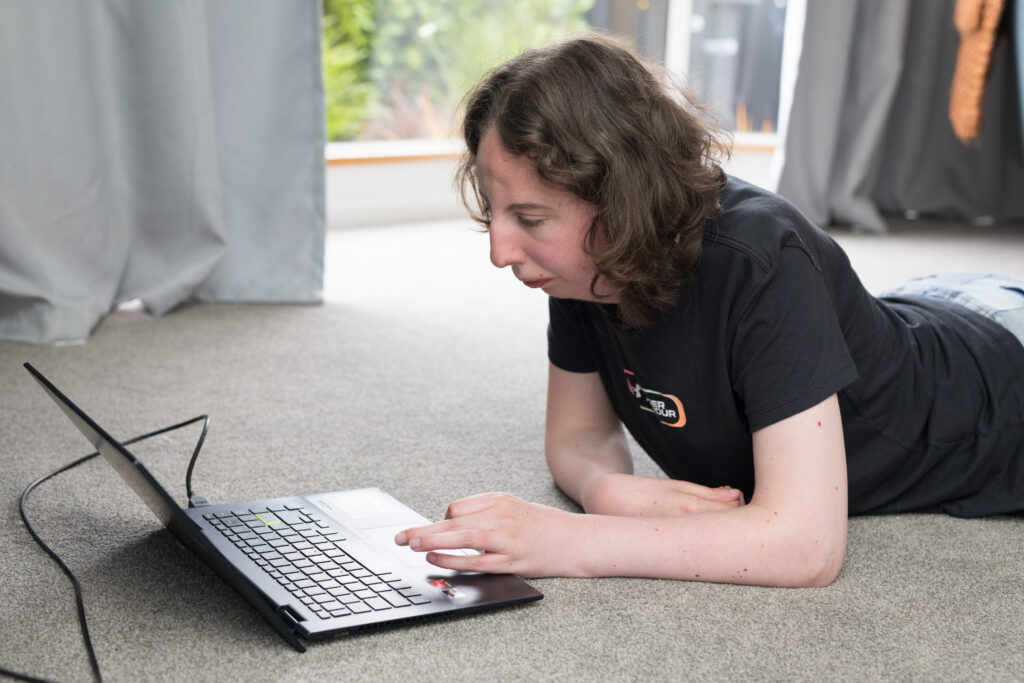
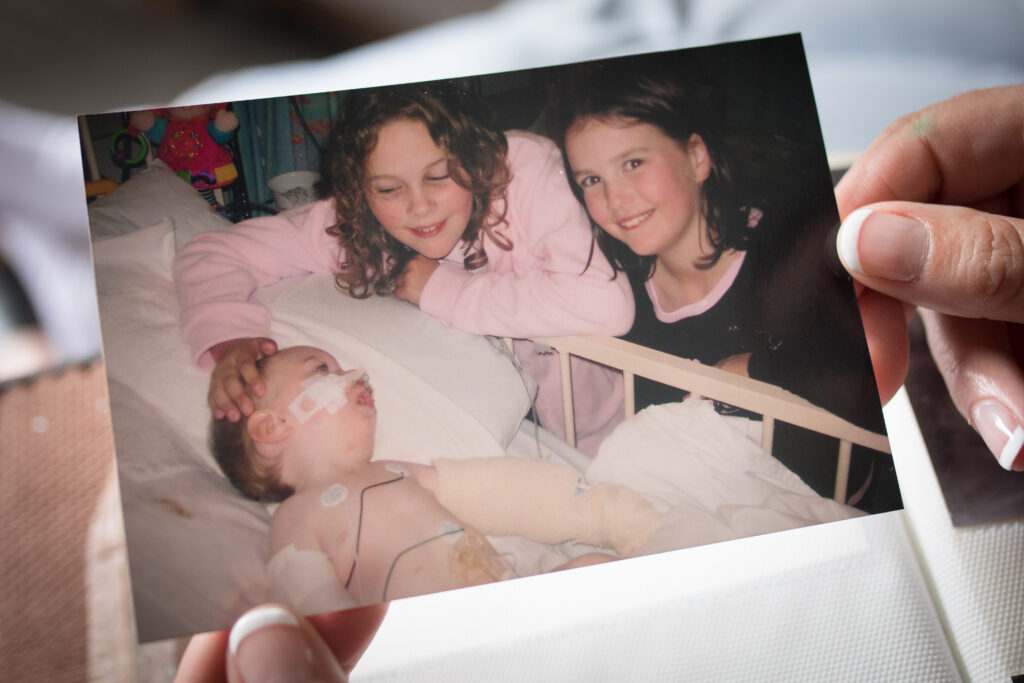
- Raising a child with a rare disorder: A guide for parents and caregivers living in Aotearoa New Zealand can be downloaded from the Rare Disorders NZ website here.
- For more information on the guide and about rare disorders in Aotearoa New Zealand, contact Rare Disorders NZ.
- For more resources and advice for health professionals on rare disorders, visit Medics4RareDiseases.
Show up to support the rare 6 per cent
This March, Rare Disorders NZ is calling on Aotearoa to “Glow up and Show up for Rare” to show support for the 6 per cent of the population living with a rare disorder.
This is the first rare disorders awareness month to be held in Aotearoa New Zealand. It aims to put a spotlight on the difficulties faced by people living with a rare disorder in accessing health and social care.
For ideas on how to get involved in Rare Disorders Month, visit the website and follow @RareDisorders_NZ on social media.
Angela Nielsen is the communications manager for Rare Disorders NZ.



